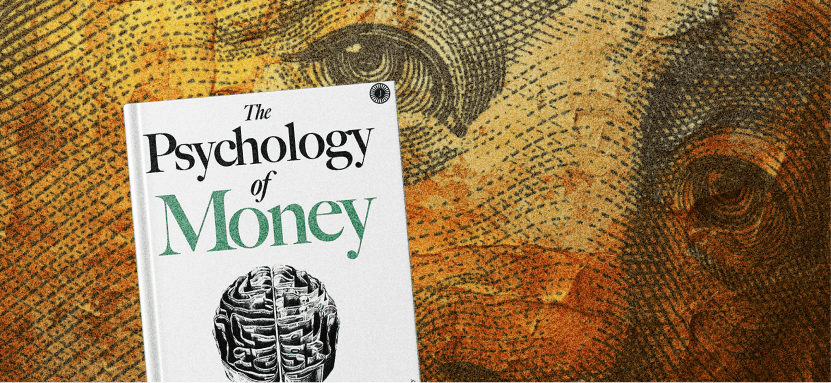Survival before Behaviour
Our survival instinct came before any reasoning or behavioral aspects.
The human body is firstly a tool of survival, with rationalizing and the 'mind' perspectives arriving much later.
66
531 reads
CURATED FROM
IDEAS CURATED BY
The idea is part of this collection:
Learn more about personaldevelopment with this collection
How to set boundaries to protect your energy
How to cultivate positive energy
Why rest and recovery are important
Related collections
Similar ideas to Survival before Behaviour
Emotions And Our Survival Mechanism
Emotions are not a disposable or unnecessary response, but are signals, giving us vital clues about the state of our mind and body, akin to pain. It is a neglected part of our survival mechanism.
Our natural reaction is to suppress our emotions, but it is increasingly apparent that repress...
Get More Self Knowledge: Our Primitive Mind
- Self-knowledge can describe accurately how one is feeling, through introspection or self-inquiry.
- Knowing yourself also means being aware of your self-machinery, or how your mind operates and distorts the world around you.
- The primitive, part of our brain is inter...
Money = Behaviour
Doing well with money is not necessarily about what you know, but about how you behave. Is what Morgan Housel explores in his popular book, where he shares 19 stories that explore the behavioral aspects of personal finance.
To Note:
- Financial success is n...
Read & Learn
20x Faster
without
deepstash
with
deepstash
with
deepstash
Personalized microlearning
—
100+ Learning Journeys
—
Access to 200,000+ ideas
—
Access to the mobile app
—
Unlimited idea saving
—
—
Unlimited history
—
—
Unlimited listening to ideas
—
—
Downloading & offline access
—
—
Supercharge your mind with one idea per day
Enter your email and spend 1 minute every day to learn something new.
I agree to receive email updates

